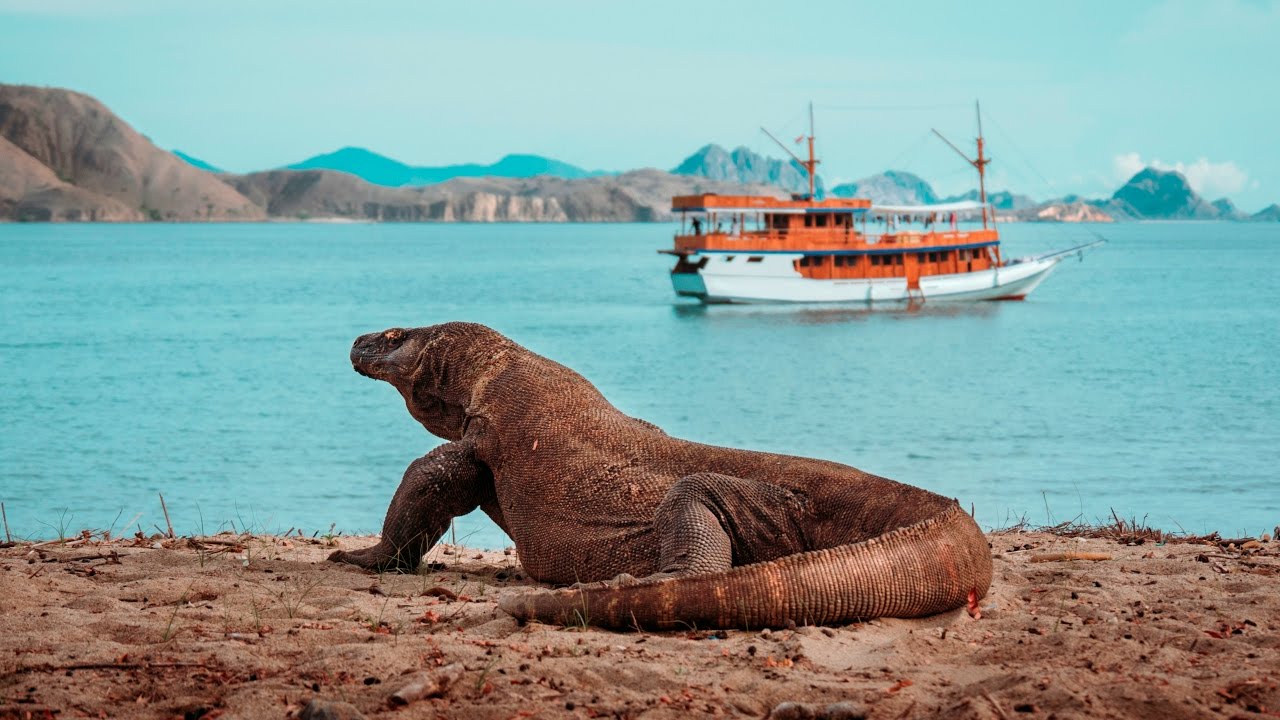Still waters run deep and this certainly holds true for the infamous man-eating Komodo dragon. The prehistoric lizard dwells on an island with the same name in Indonesia–Komodo Islands aka Labuan Bajo.
Labuan Bajo is witnessing a rising tide of travellers who are pushing beyond the Eat Pray Love script of culture club Bali and embracing the more adventurous call of the wild. In September, the AYANA Komodo Resort, Waecicu Beach — the first and latest five-star offering in Komodo island opened its doors.
Hospitality consulting group C9 Hotelworks conducted a research on this gateway to the UNESCO Heritage Site and sanctuary of the Komodo endangered species.
“The echo of small scale of tourism is being amped up”
Stepping back and examining the tourism journey of Labuan Bajo from a broad niche offering of nature lovers and divers into the harsh light of the mainstream, C9 Hotelworks managing director Bill Barnett is quick to point out “the destination is not alone in its somewhat accidental trajectory. One only has to look at the Maldives, Palawan and the islands off Cambodia where the echo of small scale of tourism is being amped up into an entirely new animal. Where once only dragons roamed, tourism is the new giant.”
The study says…

Keying into the all-important airlift metric, last year year-on-year passenger arrivals grew by 24% with nearly 218,000 arrivals. Currently, expansion of the airport is underway and international direct flights are in the planning stages.
Crawling into the numbers, despite overseas visitors to the National Park accounted for 61% of traffic, domestic travellers have remarkably doubled over the past two years. The rapid growth in tourism, where there are just over 1,000 accommodation units in Labuan Bajo has spurred a hotel development groundswell, with more than 650 rooms in the pipeline.
Setting the tone for a new marketplace, the recent entry of the first five-star luxury resort, the 205-room Ayana Komodo is a sign of international brands entering the fray for the first time, with a Marriott branded hotel, and properties under familiar names such as ACCOR and Alila coming.
Despite the growth of impending entry of big box hotels, a growing number of tourists are seeking out non-traditional experiences. One case in point is the Le Pirate Group, who has received a wide degree of success with their waterborne Boatel offering and an “off the grid” Pirate Island getaway. Meanwhile, another upshot trend is modernised traditional Indonesian Phinisi sailing boats, which are capturing the imagination of upscale travellers.








